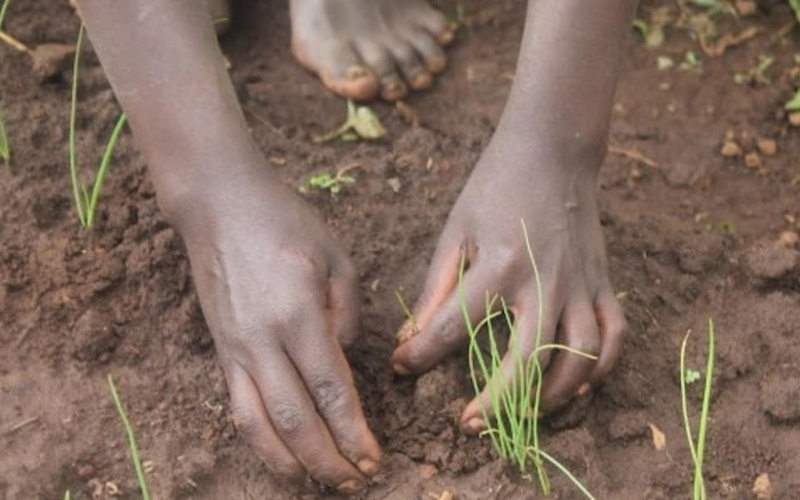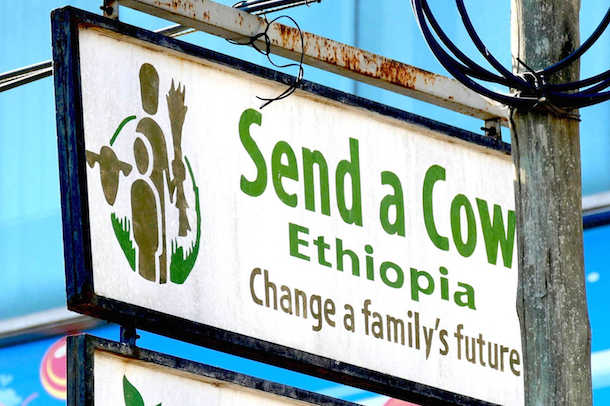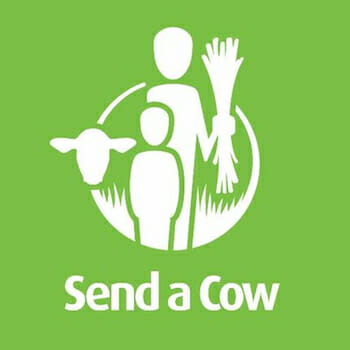
Ethiopia: Facing the Challenges of Climate Change
By Aklilu Dogisso for Send a Cow
This week, as global leaders meet in Paris to discuss climate change, poor rural families in Ethiopia will be dealing with the harsh realities of extreme weather.
Those in the north are currently going hungry after two seasons of poor rainfall. Those in the rest of the country – including the central and southern areas where we work – are struggling with unusually heavy rains: in some areas the army has been deployed and children sent home from school to harvest crops before the rains destroy them. Already, around 10% of Ethiopia’s population is receiving emergency food aid, and that figure is expected to double by early 2016.
The cause this time is the El Nino phenomenon. Although it occurs naturally, it seems that man-made climate change is exacerbating the situation. Of course, the problem needs political, global solutions of the kind to be discussed in Paris – but the farmers we support have to feed their families now.
Our work in the southern highlands helps them do just that. Recent independent research showed how families are farming in a way that helps them become resilient to weather shocks such as absent rainfall, or stresses such as the increasing unpredictability of the planting seasons.
It’s all about better management of their existing resources. So for example, farmers learn to compost their livestock manure and use it to improve soil structure, so it can absorb rainfall and retain moisture during the dry season. They diversify their crops, so their risks are spread and biodiversity is improved. They plant trees, which provide shade for seedlings, fix nitrogen in the ground, and absorb harmful carbon dioxide from the air.

Such measures, adapted to suit each farm, mean that farmers can provide for their families without cutting down trees to expand their farms, or resorting to damaging commercial fertilizers to increase their yields.
All of which led researchers to conclude that our programs not only enhance farmers’ resilience to climate change, but also make ‘a positive, if small, contribution to mitigation.’ That backs up another independent study from 2008 in Uganda, which showed that the climate benefits of our programs there (tree planting, increased crop growing on compost-enriched land) outweighed the negatives (livestock emissions, travel associated with running the programs) by two-to-one.
Of course, farmers cannot act alone. They need the support of their self-help groups and their wider communities; and their political leaders too. I am pleased to say that improved governance in Ethiopia, plus timely intervention from overseas aid, mean that we are unlikely to see a repeat this year of the appalling famines of the 1980s.
Now we need to see political action against climate change on a global scale too. The families we support are changing their mind-sets, adapting their way of life, and mitigating their impact on the environment. We hope and pray that global leaders meeting in Paris can follow their example.
If you’re interested in supporting Send a Cow’s mission please visit the website by clicking here.
